As Korean consumers increasingly favour imported vehicles, global auto giants including Renault, Volkswagen, Stellantis and Geely plan new market entries with brand launches and expansions, reflecting shifting local preferences and competitive pricing against domestic cars.

Korea’s appetite for imported vehicles is drawing global carmakers in increasing numbers, spurred by rising consumer purchasing power and an expanding market share for foreign brands. Industry data reveal that over 270,000 imported vehicles were sold last year, nearly 20 percent of the Korean market – a stark contrast to the early 2000s when only around 20,000 were sold.
The move, driven in part by rising domestic vehicle costs, has opened the door for global brands eager to capitalise on changing preferences.
Among the automotive giants seizing the opportunity is Renault, with its luxury sports car brand, Alpine. Last month, Alpine CEO Philippe Krief unveiled plans for a Korean market entry in 2026, with the company preparing to introduce 20 of its flagship A110 sports coupes by year’s end. This initial rollout aims to establish Alpine’s foothold in Korea, preceding a broader market strategy.
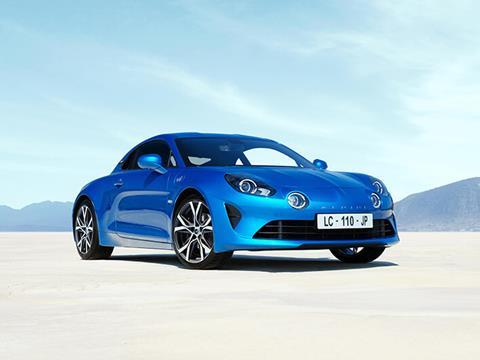
Renault’s other operations in Korea are also gaining traction. Renault Korea’s Grand Koleos premium SUV, for example, has enjoyed a resurgence in local popularity, with sales soaring by 340 percent in October compared to the previous year.
This strong performance marks a significant comeback for Renault Korea, indicating robust demand for premium offerings within the market.
Volkswagen Group is also considering strategic adjustments, including the potential introduction of its affordable Skoda brand to Korea. Amid declining sales from its core Volkswagen Korea lineup – which sold only 6,000 units between January and September this year – the company seeks to revitalise its presence. Annual sales in 2024 are widely expected to fall below 10,000 units, a five-year low.
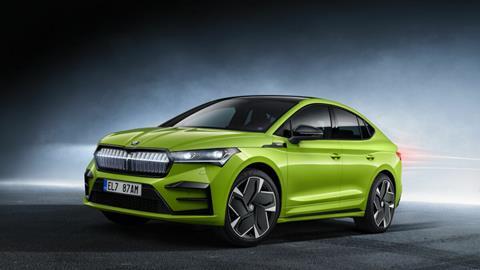
This is not the first time Volkswagen has considered Skoda for Korea; in 2015, plans were delayed following the global Dieselgate emissions scandal, which temporarily halted the brand’s ambitions.
Geely Auto Group is another player with eyes on the Korean market. Its premium electric vehicle brand, Zeekr, is planning a debut around 2026, part of a broader strategy to tap into Korea’s growing demand for electric vehicles. Geely has been proactively preparing for entry, recently appointing a Korean sales expert to lead its local operations. With dealerships now under consideration, Zeekr’s entry aligns with Korea’s ongoing shift toward greener mobility solutions.
Stellantis Group, meanwhile, is gauging market interest for Alfa Romeo, its high-performance luxury brand. While no formal announcements have been made, rumours of an impending launch reflect the market’s appeal, underscored by strong local demand for luxury brands.
Alfa Romeo would join a cadre of high-end European offerings already popular in Korea, suggesting potential resonance with a consumer base accustomed to German luxury vehicles.
Korean consumers’ affinity for imported brands has developed alongside rising domestic car prices. As an industry official noted, “Prices for imported vehicles have become more affordable in the past few decades, which enabled more customers to consider purchasing overseas cars.”
”The official added that the “sharp price increases for domestic brands have helped imported vehicles gain price competitiveness against homegrown rivals.” Indeed, the appeal of foreign brands has been reinforced by price dynamics. Imported vehicles, once a luxury segment, are now accessible to a broader segment of Korean buyers, particularly as competitive pricing and brand prestige draw more consumers away from domestic options. The Korea Automobile Importers & Distributors Association’s data affirm this trend, with imported car sales reaching new heights over recent years.
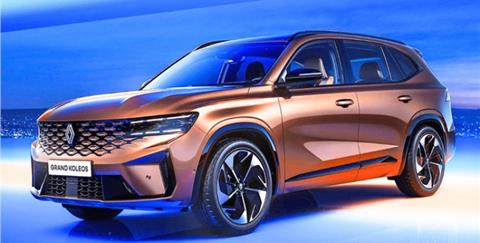
In a market once dominated by local manufacturers, the entry of Renault, Volkswagen, Stellantis, and Geely highlights the shifting balance of preferences in Korea’s automotive sector. As these global brands advance their plans, Korea’s car market is on course for a transformation that reflects evolving consumer tastes and the allure of foreign automotive design, performance, and innovation.





























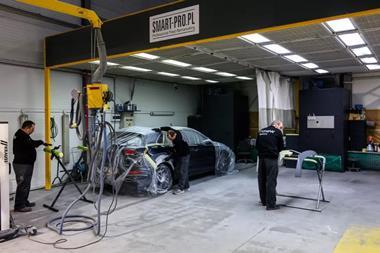
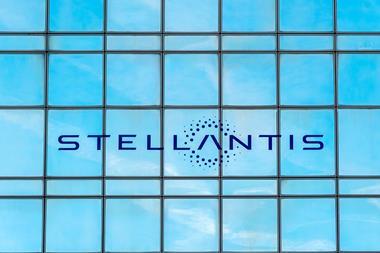
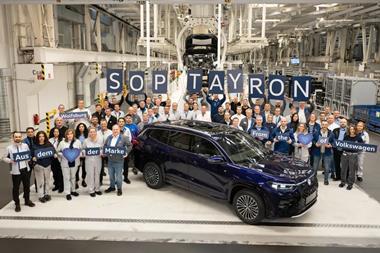
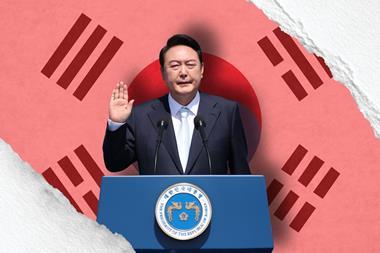
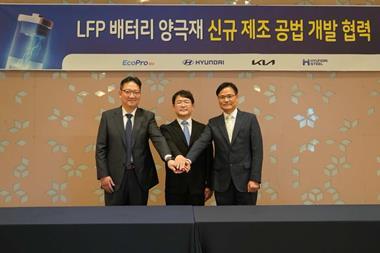
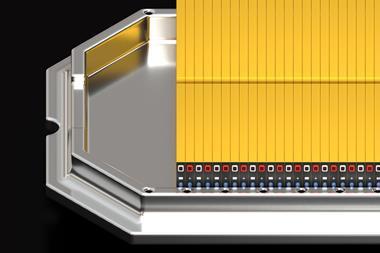



No comments yet